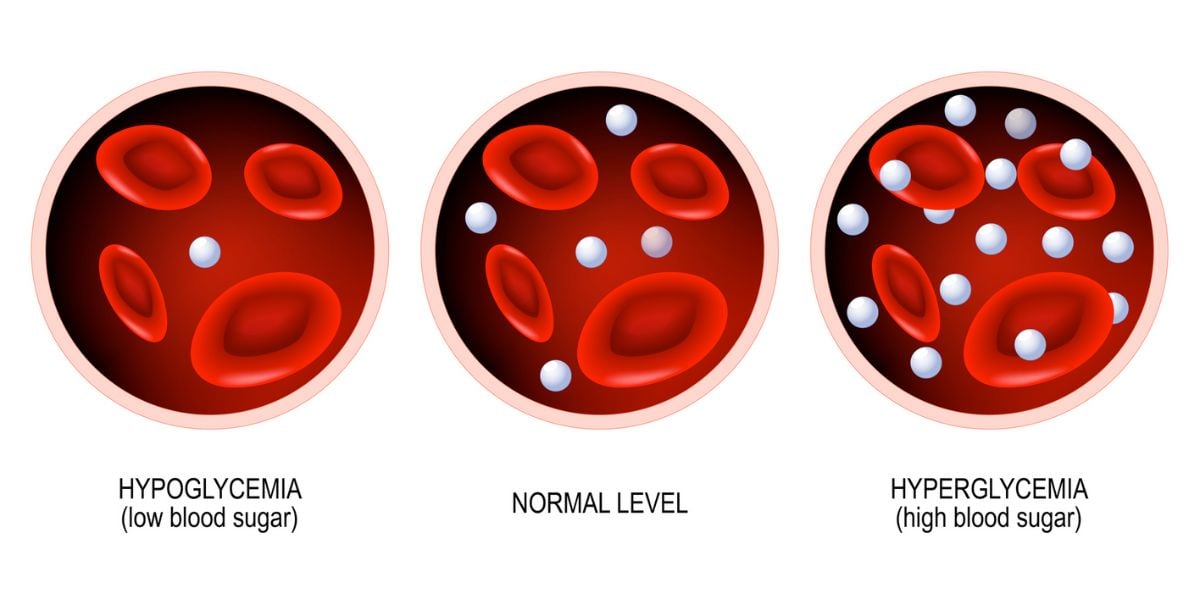We know there’s a huge amount to take in when you’re newly diagnosed with type 1 diabetes so we’ve put together this guide to help make sense of it all.
Contained within this guide are links to some of our most important guides which help to get you in control of your diabetes from today.
Coming to terms with diabetes
A diagnosis of type 1 diabetes is usually a big shock and some of us wonder how we’re going to cope with the condition.
Diabetes can be a struggle to come to terms with and we each will come to terms with having diabetes in our own way and at own pace.
Some of us may adjust quickly, but for many of us it can take years to truly come to terms with this important part of our lives.
- Read more on coming to terms with a diagnosis of diabetes
You may wish to consider joining the Diabetes Forum as this is a great source of support – not only during your diagnosis, but also for when you wish to ask questions and share your experiences.
Having diabetes
One of the questions which often strikes us around the time of diagnosis is what effect diabetes will have on our daily lives? Will it prevent us from taking part in activities? Will it affect our present or future career? Will we have diabetes for life?
- Read answers to all of these questions and more in our guide to having diabetes
Getting to grips with injections and blood tests
Some of us adjust to injections and blood tests better than others. Although in reality, injections and blood tests are a pain for us all.
Blood testing guides
Blood glucose testing is the main way you will be able to identify what your blood glucose levels are. You will most likely be given a blood glucose meter by your doctor or healthcare team.
If you are new to blood glucose testing, the following guides will prove useful.
Injection guides
Many people are scared of needles. However, injecting insulin is not as painful as you’d think.
Watch our video on how to inject insulin and read our guide on how to manage injection sites and needle phobia.
Keeping diabetes under control
Diabetes control does take some dedication to get right. Insulin doses need to be carefully balanced with the amount of carbohydrate you take in and we need to remember to take in other factors including exercise.
- Hit the ground running with our guide to controlling type 1 diabetes
Many of us with type 1 diabetes will still be producing a certain amount of our own insulin. This is useful as it means that our pancreas is still able to give us a bit of a hand in helping to control our sugar levels.
This period is referred to as the ‘ honeymoon phase ’ and usually lasts anywhere from a few months up to a couple of years.
Carbohydrate counting and diabetes education courses
One of the most important aspects of type 1 diabetes is to be able to assess how much carbohydrate is in each meal and therefore to balance your carbohydrate and insulin intake.
Carbohydrate counting can be a challenge for some of us. Fortunately, there is help at hand and there are diabetes education courses which can be attended for free on the NHS. The courses are often very popular with people with type 1 diabetes. Ask your GP or diabetes team about which courses are available in your area.
Spotting high and low sugar levels
If your diabetes is kept under good control, you should be able to reduce the number of times your blood sugar levels goes too high or too low.
If your sugar levels do go too high or low, it helps if you can spot this early and do a test to find out how high or low your sugar levels are.
There are some common symptoms that may be experienced at high or low levels, although the symptoms can sometimes vary from time to time.
- See our list of symptoms of high and low sugar levels
Preparing for hypos
Low blood glucose, known as hypos, can be disorientating and can become more dangerous if they’re not treated soon enough.
We have a number of guides to help you with treating and preventing hypos from happening:
Avoiding ketoacidosis
At the other end of the blood sugar spectrum is diabetic ketoacidosis which is a dangerous condition which can occur if our blood glucose levels go very high.
- Read more about diabetic ketoacidosis
Health appointments and health numbers
People with diabetes should receive a number of important diabetes health checks each year.
It is important that these checks are carried out once each year.
The exception is children under 12 who will not usually need retinopathy (eye damage), nephropathy (kidney damage) or neuropathy (nerve damage) tests to be carried out.



